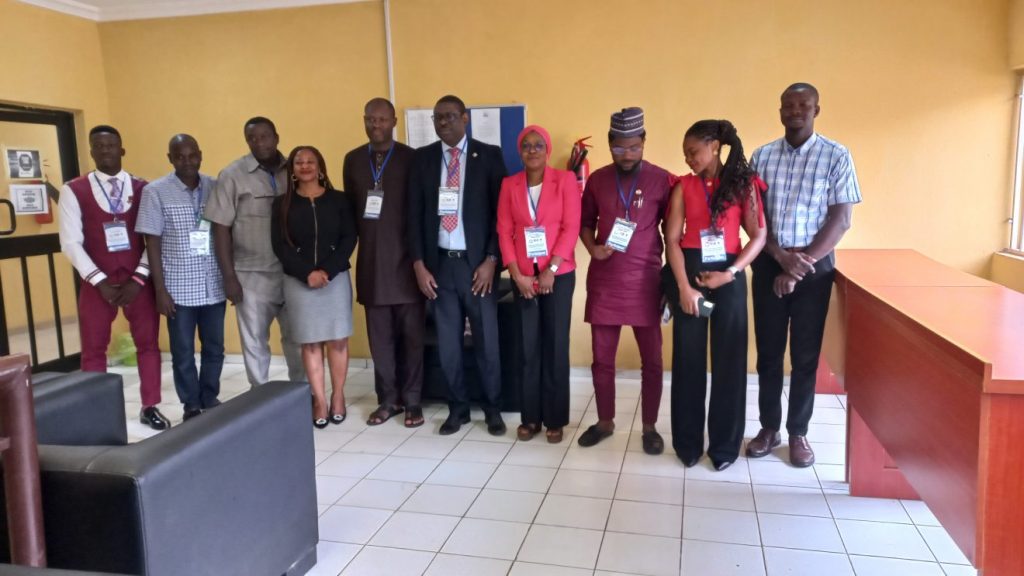
By Ijeoma Olorunfemi
The National Space Research and Development Agency (NASRDA) and some scientists on Monday in Abuja advocated continuous space weather monitoring to minimise weather-related mishaps.
They made the call on Monday at the on-going International Colloquium on Equatorial and Low Latitude Ionosphere organised by Centre for Atmospheric Research, NASRDA (CAR-NASRDA)
.
The colloquium, a week-long programme, is being co-organised by Institute of Space-Earth Environmental Research, Nagoya University, Japan, African Geophysical Society (AGS) and Network of Space-Earth Environmentalists.
Prof. Babatunde Rabiu, Director, CAR-NASRDA, said the colloquium would promote capacity building in space weather research in the equatorial region.
“Nigeria falls within the equatorial region which is a very complex region in space environment.
“We have lots of assets, our satellites are located in the space environment and this colloquium is focusing on the health of that environment.
“It is also promoting research in a field that has a lot of effect on the nation including economic and our everyday activities.
“If the space environment is chaotic or having problems, those services can be affected and if the space environment is not healthy, we can lose expensive satellites in space,’’ he said.
According to him, the center’s main responsibility is to provide space weather services and alert the international community of what is happening around its areas of research.
“We are updating our knowledge, transferring new technologies, creating new research path for people and promoting international competitive research.
“If we don’t monitor the space environment, we are at a big global risk because all the space-dependent services can be shut down within a moment.
“All the Google navigation services we use depend on the Global Navigation Satellite System (GNSS), so if we don’t do this, we navigate into the wrong directions.
“Greater percentage of Africa is now using space-dependent technologies, satellites communication systems, navigation systems, the transport services, hence the need to monitor our space weather,’’ Rabiu said.
Dr Olufemi Agboola, Provost, Institute of Space Science and Engineering, decried a situation whereby some African countries situated along the equator make use of space weather data generated by European countries.
“There are some things that happen in the sky between the sun, the moon and the planet and most of the European countries are not situated along the equator.
“We normally use data from European countries in flying aeroplanes, and they don’t have anything to do with the equator.
“We are now advancing in space science technology so we must study the equator ourselves so that we can use the data to solve our problem,’’ he said.
One of the highlights of the day was tributes to Ms Patricia Doherty, a Director and Senior Research Scientist at Boston College’s Institute for Scientific Research.
Doherty is an internationally recognised leader in space weather research, the ionosphere and its impact on Global Navigation Satellite Systems (GNSS).
Prof. Olivier Obru, President of AGS, said that it was Doherty’s efforts that have given African scientists the foothold on which to engage in space weather research.
Obru called on scientists to consolidate on her efforts to bring about better achievements in the GNSS.
Prof. Sandro Radicella, a researcher from Boston College commended the late researcher, adding that her contributions could lead to greater achievements in the study of space weather.
Ms Yenca Orue from Abdus Salam International Centre for Theoretical Physics, Trieste, Italy, called on female scientists to uphold Doherty’s legacies.
Other tributes came in from Prof. Elijah Oyeyemi, Dean, Faculty of Science, University of Lagos, among others.(NAN)





